Improving Scholarship in a Community Hospital Residency Program with a Curriculum featuring a Structured Roadmap, Indi [Education and training]
Annals of Family Medicine
NOVEMBER 20, 2024
Introduction The requirement of resident scholarship in all residency programs is mandated by the Accreditation Council of Graduate Medical Education (ACGME). Scholarly output of residents graduating between 2016-2018 (pre-intervention) was compared to those graduating from 2019 -2021 (post-intervention).

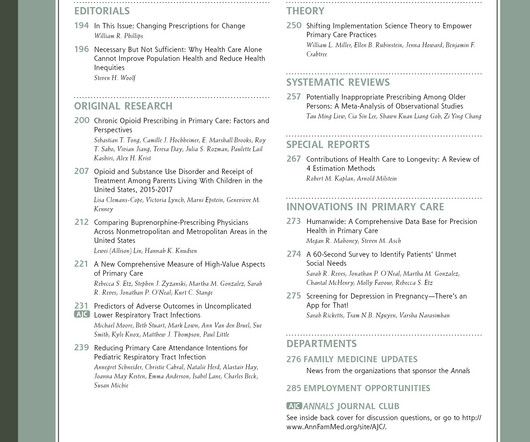
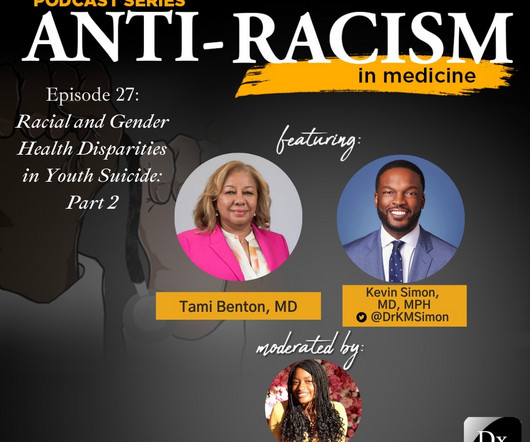
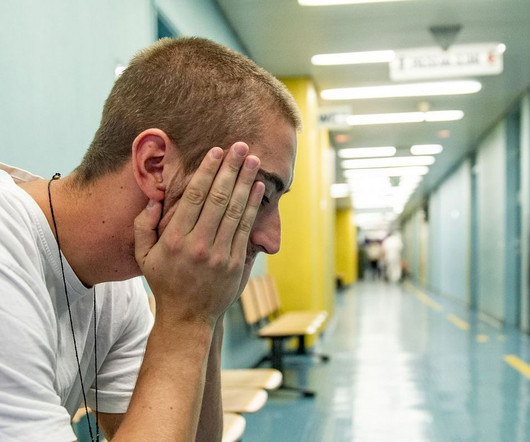


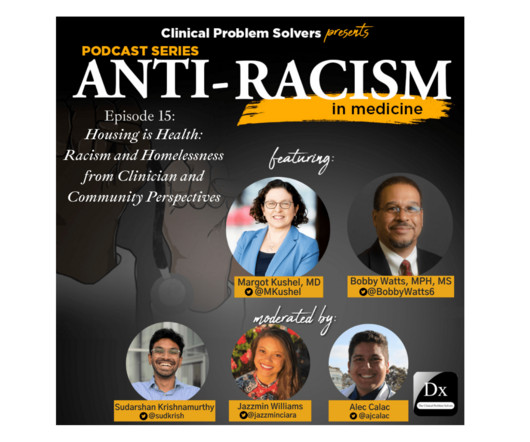
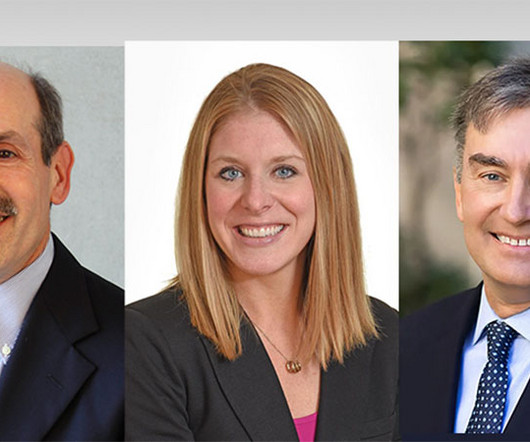


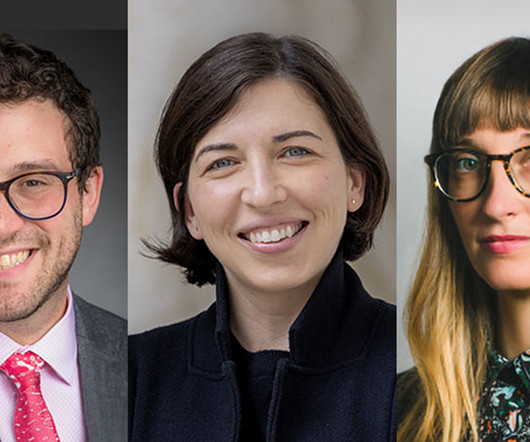
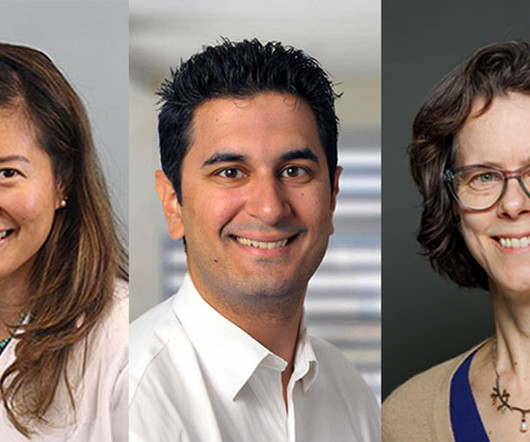


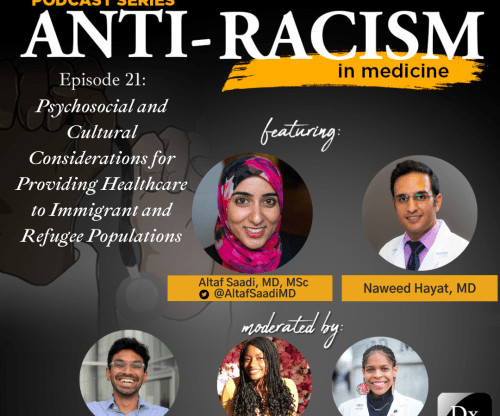
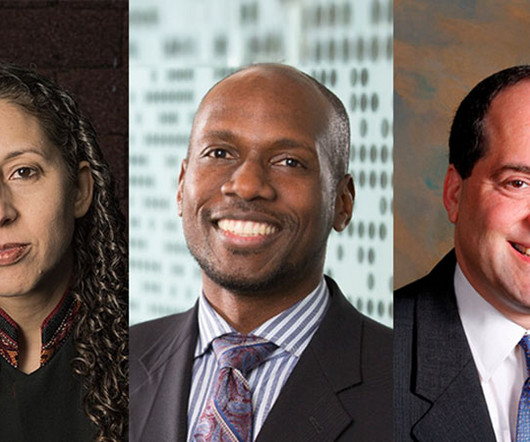






Let's personalize your content